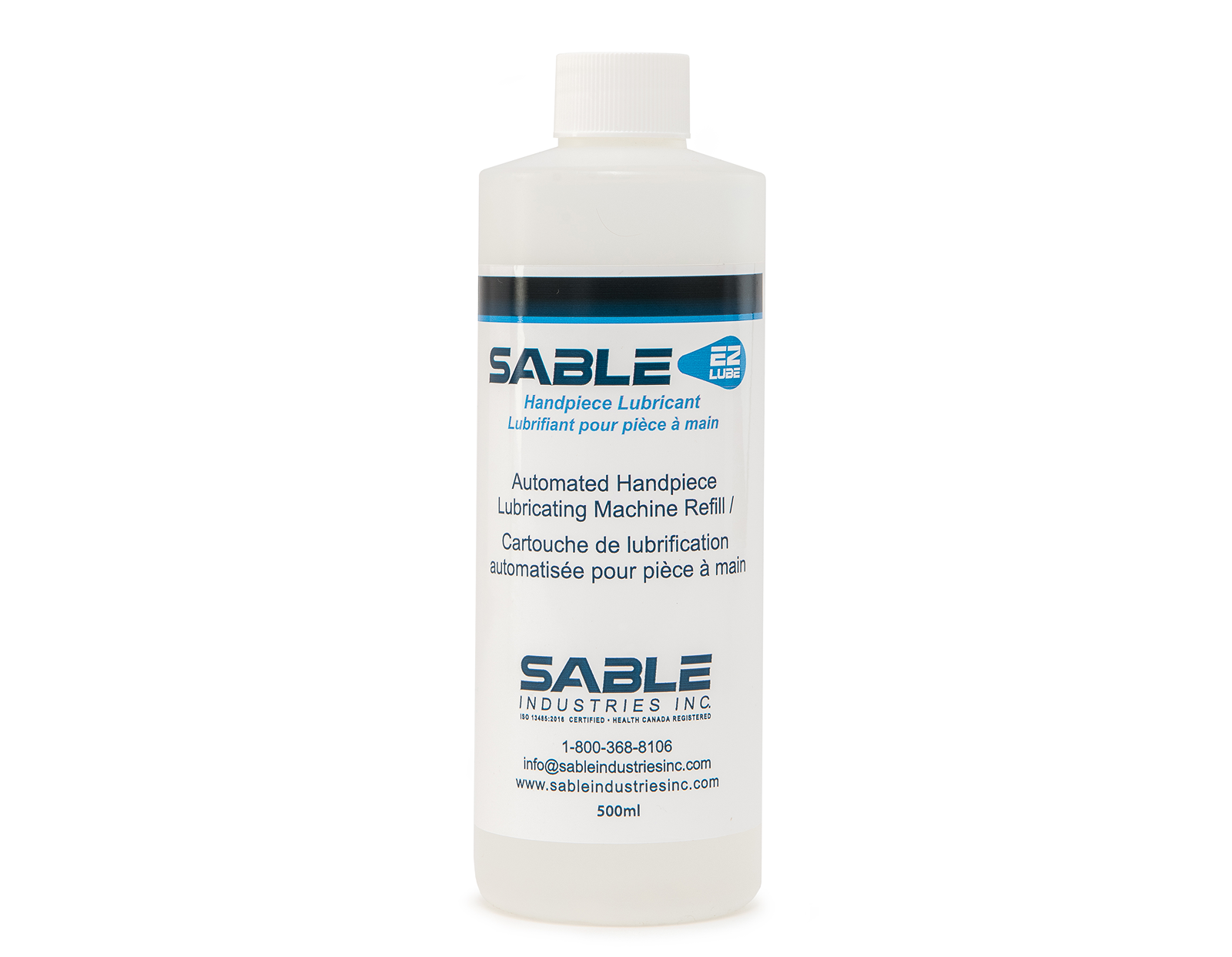Crohn’s disease is a chronic inflammatory condition that primarily affects the gastrointestinal tract. It belongs to a group of conditions known as inflammatory bowel diseases (IBD) which occur when the immune system attacks healthy cells in the digestive tract.
The disease causes inflammation all along the GI tract, from the mouth to the digestive organs. Although there is no cure, dental professionals can help patients manage the oral manifestations of Crohn’s disease through medications, supplements and oral hygiene care.
How Crohn’s Disease Affects the Oral Cavity
Patients can experience several oral manifestations of Crohn’s disease. Some are directly related to the disease itself, while others are side effects of medications they take to manage the disease.
Common oral manifestations include:
- Aphthous Ulcers: a condition marked by the formation of benign and non-contagious mouth ulcers (aphthae) in otherwise healthy individuals.
- Xerostomia: also known as dry mouth, this occurs when the salivary glands in the oral cavity don’t produce enough saliva to keep the mouth moist. Dry mouth can increase the risk of dental caries, secondary decay and halitosis.
- Erythema: when the gingival tissue appears irritated with localized redness.
- Gingivitis: a type of periodontal disease caused by bacteria in the gum tissue.
- Cobblestone appearance: when buccal mucosa has multiple bumps lining the tissue.
- Oral Granulomatosis: swelling of the orofacial area. This is not a common reaction.
Not every case of Crohn’s will present in the same way. Each patient will require different treatment.
Although experts still don’t fully understand the relationship between Crohn’s disease and its impact on oral healthful, the connection is likely due to large amounts of inflammation.
Role of Oral Care in Managing Crohn’s Disease
There are several different forms of treatment for the oral manifestations of Crohn’s disease. Doctors typically prescribe a topical steroid, hydrocortisone ointments, vitamin supplements such as Vitamin B12, Calcium or Folate, recommend dry mouth products, and increased oral hygiene care.
Dentists and registered dental hygienists can provide hygiene instruction to patients with Crohn’s disease based on the individual’s needs and symptoms.
- If periodontal issues are involved, we recommend the use of interdental brushes based on embrasure space size. The patient can then begin mouth washing daily and regular brushing twice a day
- If the patient is suffering from dry mouth, we recommend a dry mouth product. Fluoride varnish treatment and mouth product, fluoride varnish treatment and mouthwash to help increase saliva production and maximize enamel remineralization.
- Baking soda-based toothpaste is another product we recommend for patients with a plaque and tartar control, have high caries risk, and low saliva production.
- Research shows that diet and nutrition also play a huge role in flare-ups of Crohn’s disease.
- In addition, dental professionals can provide fluoride rinses, at-home trays, and fluoride varnish treatments for root caries prevention.
Crohn’s disease can be treated in a variety of ways. However, there is no cure for the disease. There are a variety of medications that can be prescribed, but at times, the side effects of these medications have their own risk factors.
Most people who take medication to help control Crohn’s disease typically end up needing surgery to help with symptoms.


